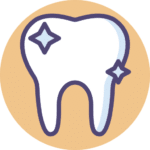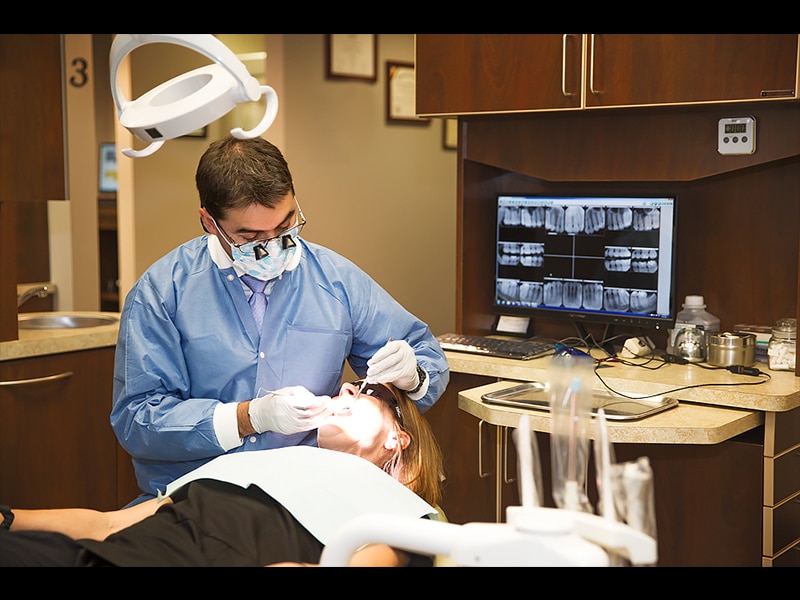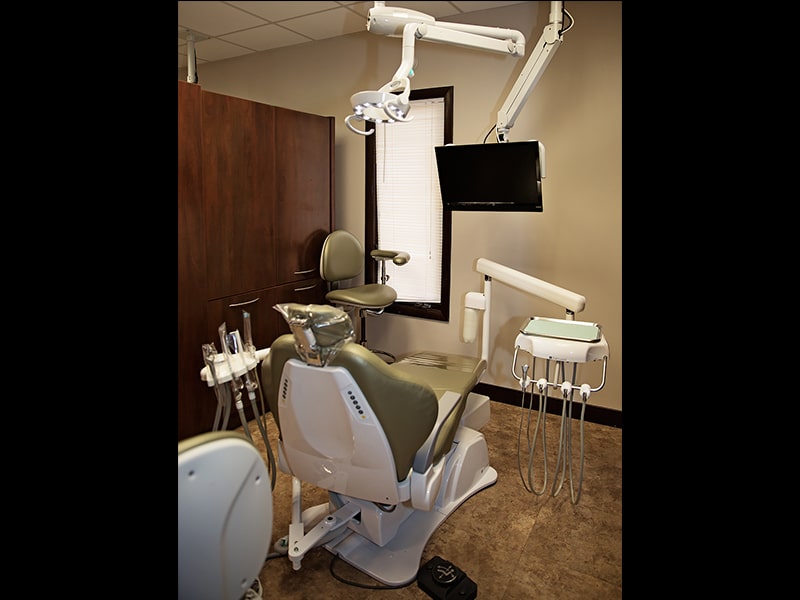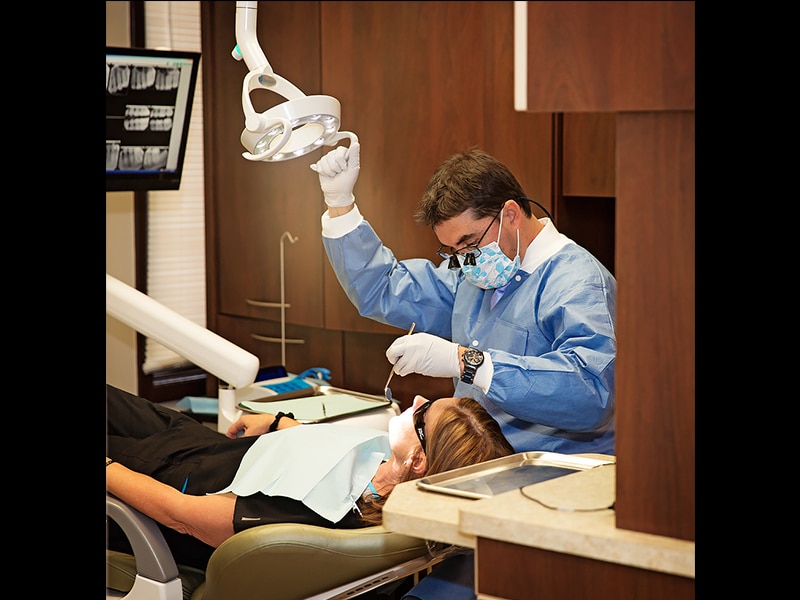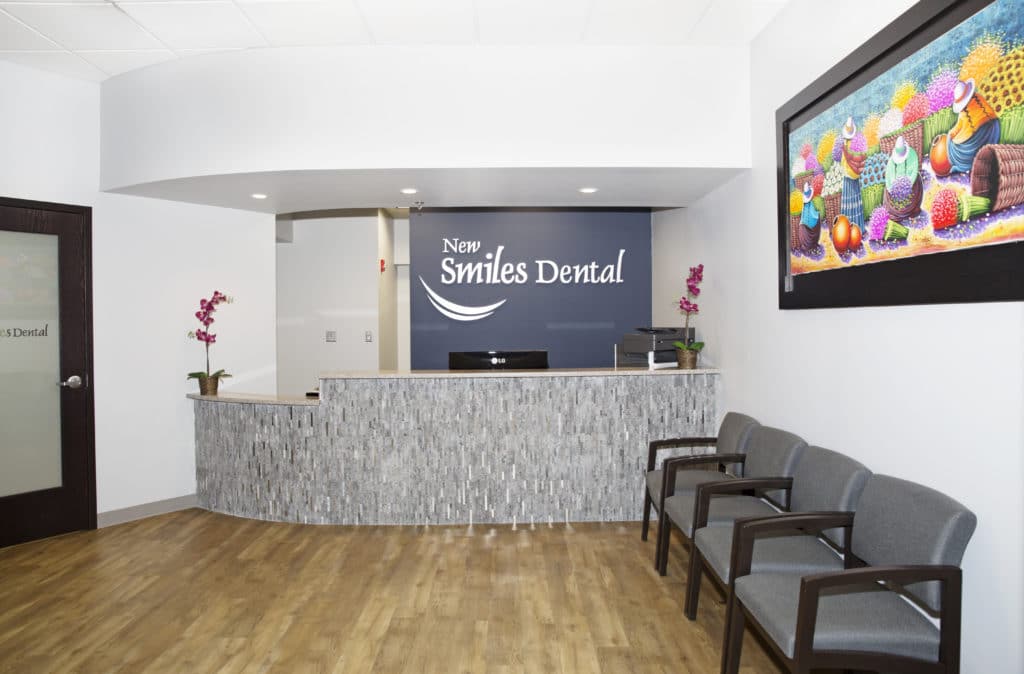Tooth loss may seem like a common occurrence among adults, but its implications go far beyond just the aesthetics of a smile. The loss of even a single tooth can have a significant impact on various aspects of your overall well-being, from physical health to emotional and social aspects. In this article, we will delve into the repercussions of tooth loss and shed light on why addressing this issue promptly is crucial for maintaining good health and quality of life.
The Physical Ramifications
Digestive System
One of the primary functions of the teeth is to aid in the process of chewing food. When teeth are missing, individuals may experience difficulties in properly chewing their food, leading to swallowing larger food particles. This can put undue stress on the digestive system, potentially causing gastrointestinal issues such as indigestion and acid reflux.
Jawbone Health
Teeth play a crucial role in stimulating the jawbone through the act of biting and chewing. When teeth are lost, the bone in the jaw no longer receives this stimulation, leading to bone resorption. Over time, this can result in changes to the facial structure, including a sunken appearance and a weakened jawbone.
Speech Impediments
Teeth are essential in forming certain sounds while speaking. Tooth loss can affect an individual’s ability to articulate words clearly, leading to speech impediments and difficulties in communication. This can impact personal and professional relationships, causing social insecurities and hindrances in daily interactions.
Psychological and Emotional Effects
Self-esteem and Confidence
The visible gap left by a missing tooth can significantly impact an individual’s self-esteem and confidence. Those with tooth loss may feel self-conscious about their appearance, leading to social withdrawal and avoidance of social gatherings. This feeling of insecurity can have profound effects on mental well-being and hinder personal growth and happiness.
Psychological Stress
The process of losing a tooth or multiple teeth can be stressful and emotionally taxing. Individuals may experience feelings of grief, anxiety, or depression as they come to terms with the changes in their appearance and dental health. Addressing tooth loss promptly and seeking proper treatment is essential not only for physical health but also for emotional well-being.
Impact on Quality of Life
Nutritional Deficiencies
Difficulties in chewing and eating due to tooth loss can restrict an individual’s diet, potentially leading to nutritional deficiencies. Certain foods that require extensive chewing, such as fruits and vegetables, may be avoided, resulting in a lack of essential vitamins and minerals crucial for overall health. Maintaining proper nutrition is key to sustaining energy levels and overall well-being.
Social Relationships
The aesthetic implications of tooth loss can impact social relationships and interactions. Individuals may feel embarrassed or ashamed of their smile, leading to decreased participation in social activities and events. Healthy teeth are often associated with youth, vitality, and attractiveness, and the absence of teeth can lead to negative stereotypes and social stigmas.
Conclusion
The repercussions of tooth loss extend beyond just the physical aspect, influencing various aspects of an individual’s overall well-being. Addressing tooth loss promptly through proper dental care and treatment is crucial for maintaining good health, confidence, and quality of life. If you are experiencing tooth loss or any related issues, do not hesitate to reach out to New Smiles Dental for professional guidance and personalized care to restore your smile and well-being. Your oral health is a key component of your overall well-being – take the necessary steps to prioritize it for a healthier, happier life.
